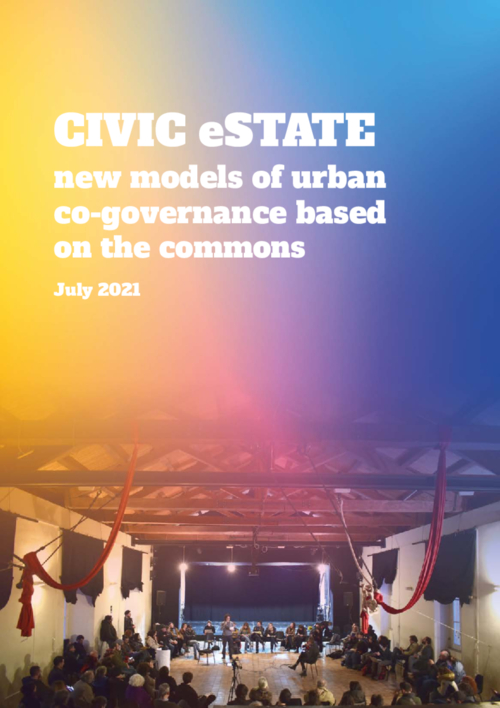Civic eState: Pooling the urban ccommons
- WHO: Amsterdam, Naples (coordinator), Barcelona, Gdansk, Ghent, Iasi, and Presov
- WHERE: The Metropolitan region of Amsterdam, Naples, Barcelona, Gdansk, Ghent, Iasi, and Presov
- DURATION: 2 years, starting in April 2018
- ROLE OF AMSTERDAM: Amsterdam is a partner in this project
- TOTAL BUDGET: €599,995.00
- AMOUNT FOR AMSTERDAM: €52,487
The Civic eState network has worked on new models for urban co-governance based on commons. Partner cities in the network have assisted residents and local communities in collaborating for the common interests of their city by exchanging knowledge. The aim of a commons approach is to ensure that everyone in the city has access to essential amenities, that decisions about the city are made in collaboration with residents, and that the city remains sustainable for future generations to enjoy.
The commons are part of the democratization program of the Amsterdam municipality. In the Civic eState project, the focus was on the themes of energy, food, poverty, and housing. The municipality of Amsterdam tested the concepts developed within the Civic eState project during the redesign of the Czaar Peterstraat.
For more information about commons and the Civic eState network, please refer to the final report:
